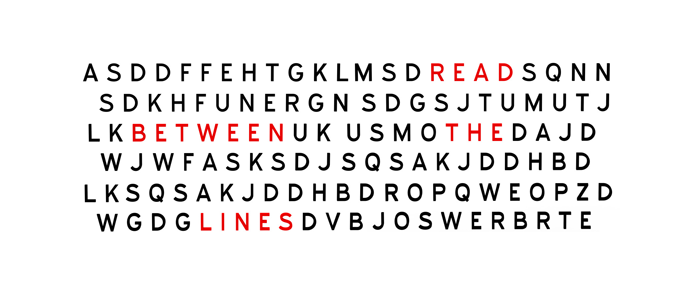
If you are representing yourself at an employment law hearing-for example at the WRC or Labour Court-you need to be aware of the value of reading some signals.
For example, if the WRC adjudicator or Chairman of the Labour Court division give you the impression that things are not going great for you, and if you are encouraged to ‘have a word’ with the other side in the dispute you will want a very compelling reason not to do so.
You are being told, when you read between the lines, that you might be best served by trying to settle the dispute rather than letting the decision maker go ahead and find against you.
The legal professionals who have acquired experience will be in a good position to get the message. But you, if you are representing yourself, won’t have that experience as it may be, hopefully, a rare occasion that you are involved in such a dispute.
What you will need is a good deal of practical intelligence.
This is different from having a towering intellect or the IQ of a genius; it is the type of intelligence or street smarts that you might engage to good effect when buying a secondhand car or dog or pony or calf.
It’s the type of intelligence and sensibility you use when doing a bit of ‘ducking and diving’ in any walk of life.
The same principle applies in Civil Court, of course, but you are much less likely to be representing yourself in Court, especially if you are a company director.
I have now seen it quite frequently that a lay litigant is encouraged to ‘talk to the other side’ with a view to settling the case. But they fail completely to read the signals.
Don’t make this costly mistake.